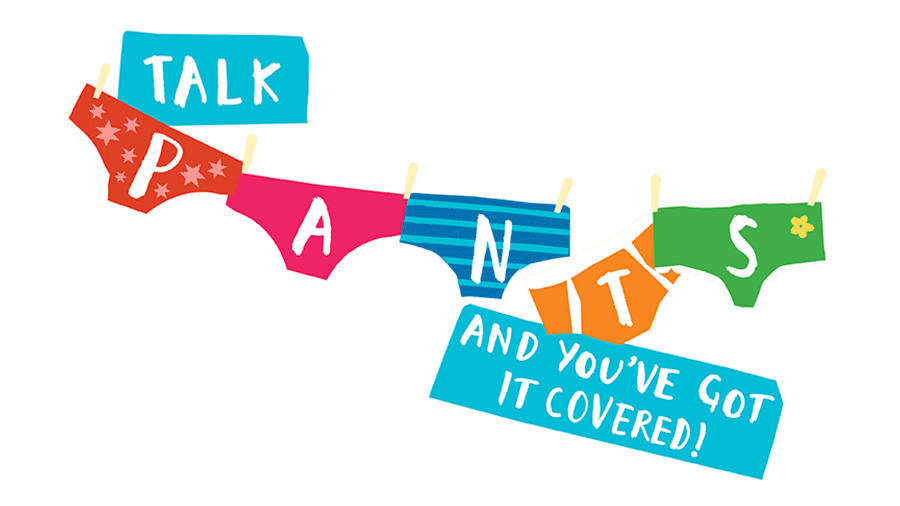Child Protection/Safeguarding
Nothing is more important to us than the safety and welfare of our pupils. We take rigorous steps to ensure that children stay safe and do not come to any harm. We work closely with parents / carers and a range of professional external agencies in order to secure this.
If you have any concerns, no matter how small they may seem, about the safety or welfare of any child, please contact the school's Designated Leads for Child Protection:
| Adrian Nash | Head Teacher (Snr Designated Person) |
|---|---|
| Fru Westmorland | Deputy Head Teacher (Designated Person) |
| Stacey Yates | Assistant Head Teacher (Designated Person) |
Information for parents and carers - Nottinghamshire Safeguarding Children Board:
There may be times, as a parent or carer, when you need help, advice or information when caring for your child. This page provides links to sites where you can access information and get advice on a number of subjects. It also gives advice for when children's social care, the police or the NSPCC are involved with your family.
Our Child Protection Policy can be found, along with all other policies, by clicking here.
Information for Parents:
Bullying
If you think that bullying is just a part of everyday school life, you're wrong. No-one deserves to be bullied and you shouldn't ignore the problem.
website: http://www.direct.gov.uk/en/YoungPeople/HealthAndRelationships/Bullying/DG_10031370
Child Exploitation and Online Protection Centre (CEOP)
CEOP work to encourage all organisations that have an online presence where children and young people congregate to adopt the CEOP 'Report Abuse' mechanism. You can report abuse at website: www.ceop.gov.uk/saferbydesign/reportabuse.asp.
NSCPP- Pants
The NSPCC have some fantastic resources for talking to your child about keeping safe from abuse.
https://www.nspcc.org.uk/preventing-abuse/keeping-children-safe/underwear-rule/

Stranger Danger
Please see below some resources to help you talk to your child about stranger danger
https://www.safety4kids.com.au/safety-zone/stranger-danger/yell-and-tell
See also, NSPCC leaflet children going out alone, below.
Sepsis awareness campaign
Sepsis, also known as blood poisoning or septicaemia is the reaction to an infection in which the body starts to attack its own tissues and organs. It is a cruel and often devastating condition that affects over 25 000 children in the UK every year.
The Department of Health and the UK Sepsis Trust are working together to raise awareness of sepsis amongst healthcare professionals and more importantly the public. They have put together a really useful leaflet to help you recognise the symptoms of sepsis in children.Recognising and treating sepsis quickly can prevent unnecessary suffering and saves lives.
Please take some time to read this information ( file below) and share it amongst your family and friends.
For further information visit the UK Sepsis Trust website www.sepsistrust.org Or contact Janine Patrickson-Daly Infection Control Lead on Janine.patrickson-daly@nottshc.nhs.uk
Complaints about Schools and Academies
If you are concerned about your child's school, you should start by talking directly to the teachers or headteacher or, if necessary, the governing body or the local authority. If you are not satisfied with the responses you have received Ofsted may be able to help.
Family Lives
A national charity that works for, and with, parents. It works to offer help and support through an innovative range of free, flexible, responsive services.
tel: 0808 800 2222
website: www.familylives.org.uk
Barnardos
Helps all kinds of families to cope with a wide range of issues including poverty, abuse, and homelessness.
tel: 01268 520224
website: www.barnardos.org.uk
Kidscape
Gives information for parents on a range of ways children can be bullied including cyber bullying and gives advice on keeping children safe online.
tel: 020 7730 3300
website: www.kidscape.org.uk
Missing Person Helpline
Whether you are missing yourself, or have been affected by the disappearance of a loved one, you can contact the missing person helpline whenever and however you want
phone or text: 116000 (24 hours)
National Drugs Helpline
tel: 0800 77 66 00 (24 hour free advice)
NSPCC
Offers some helpful information for parents and carers on a range of issues, such as internet safety, protecting children at home and positive parenting tips.
tel: 0808 800 5000
website: www.nspcc.org.uk
Women's Aid Federation
The key national charity working to end domestic violence against women and children. Support a network of over 500 domestic and sexual violence services across the UK.
tel: 08457 023 468
website: www.womensaid.org.uk
Parents Centre
Information and support for parents on how to help with your child's learning, including advice on choosing a school and finding childcare.
website: www.direct.gov.uk/en/Parents
PREVENT STRATEGY What is Prevent?
Prevent is part of CONTEST, the Government’s strategy to address terrorism. The main aim of Prevent is to stop people becoming terrorists or supporting terrorism. Prevent focuses on all forms of terrorist threats. E.g. international terrorism, far right extremists (among others).
The Government’s Prevent strategy can be found at the following address: www.homeoffice.gov.uk
Three key themes
The police, Local Authorities, and our partner organisations are working together to help strengthen and empower our communities to reject those who want to cause harm. We work together and focus on three key themes:
- Safeguarding vulnerable individuals through the provision of advice and support and intervention projects.
- Working closely with institutions such as Universities, Schools, Prisons, Health, Charities and faith establishments.
- Challenging terrorist ideology by working closely with other local and national agencies, partners and our communities
Prevent Team
The Prevent Engagement Team of officers and police staff aim to encourage discussion ensuring that terrorism is prevented from taking root in our communities. They support the wider engagement activities already taking place in schools, places of worship and community groups.
Through this work they aim to strengthen communities in order to challenge the ideologies and messages of hate which lead to terrorism.
How you can help?
It is important that we all work together, so that we can protect our communities. There are many ways you can help:
- You can get in touch with your local neighbourhood or Prevent team for advice and support, if you are worried about someone you know who you believe may be vulnerable to radicalisation
- You can speak to your local officers or Prevent contact about helping run community events to bring people from different communities together
- You can provide facilities that could help us and our partners hold community engagement events.

